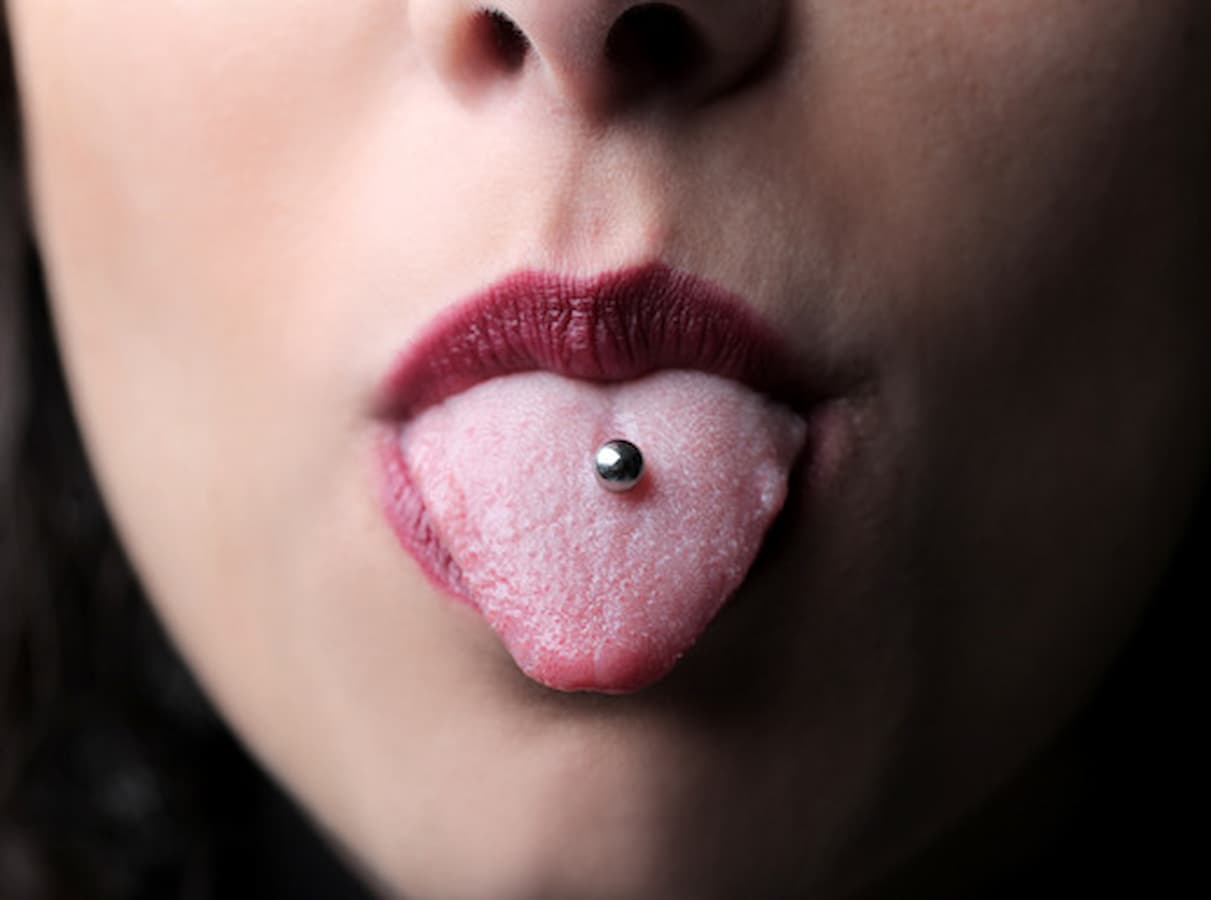 Although piercings in the lips or the tongue have become very popular in recent years, few people consider the health issues this kind of decorative piercing presents. In addition to the usual risks of infection, oral piercings can also endanger your teeth and oral tissues. Before you decide to pierce your lip or tongue, it’s a good idea to consult with your periodontist to find out all the risks and possible side effects.
Although piercings in the lips or the tongue have become very popular in recent years, few people consider the health issues this kind of decorative piercing presents. In addition to the usual risks of infection, oral piercings can also endanger your teeth and oral tissues. Before you decide to pierce your lip or tongue, it’s a good idea to consult with your periodontist to find out all the risks and possible side effects.
Risks to Your Dental Health
One of the biggest problems with oral piercings is the effect they can have on your teeth. A tongue piercing, for example, can hit your teeth repeatedly throughout a normal day, eventually wearing down your enamel or even cracking or breaking your teeth. Most piercers will place tongue studs farther back in the mouth to reduce the contact with the teeth, but it’s still a risky proposition. A stud in the lip can also make contact with the teeth, wearing down or damaging the enamel. It can also rub against the gums, creating sores or causing injuries to the soft tissues.
The portion of your jewelry that’s inside your mouth also tends to collect food particles and create additional real estate in your mouth where bacteria can breed. This leads to a number of possible problems, including severe halitosis, gum disease, and increased risk for tooth decay. It’s more difficult to keep bacteria out of your mouth when it has more surfaces on which to grow, so if you choose an oral piercing, you might be seeing your dentist more often than you’d like.
Infection and Possible Side Effects
Infection is always a risk any time you have something pierced. It becomes an even greater risk when the piercing occurs in a place like your mouth where bacteria already gather in hordes. Swelling and infection in your mouth can affect your ability to eat and talk. If your piercing doesn’t heal properly, these issues could continue in the long term. Infection in your mouth could also spread, affecting more than just your dental health. So if you do like the looks of a piercing in your lip or tongue, be sure to take into consideration the possible long-term issues it could cause.
Consult with our experienced dentist by calling our office to schedule an appointment.





